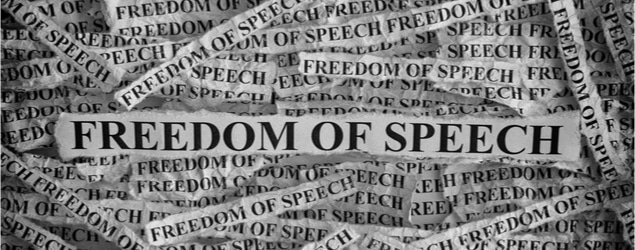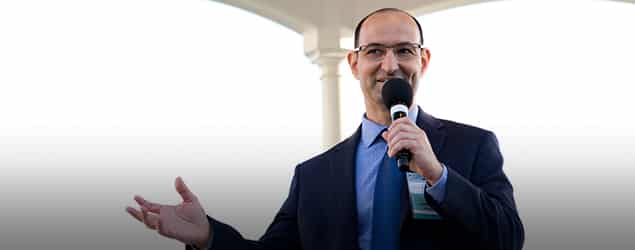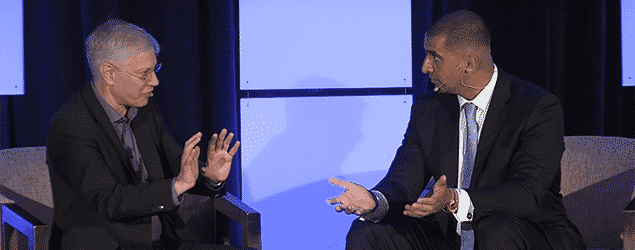Tara Smith Pinpoints Confusions in the Free Speech Debate

Tara Smith has published an article designed to clarify the terms used in discussing freedom of speech in America. “The Free Speech Vernacular: Conceptual Confusions in the Way We Speak About Speech” appears in the current issue of the Texas Review of Law & Politics.
“The paper first offers examples of the misguided ways in which particular terms are frequently used and isolates the errors involved,” Smith explains. “It then explains the damage this inflicts, indicating how the confusions impede a logical understanding of the more substantive issues. Finally, it considers the deeper premises beneath the confusions, paying particular attention to the influence of utilitarian thinking.”
Here are the first two context-setting paragraphs (with footnotes omitted):
In debates over the proper boundaries of freedom of speech, we are naturally alert to the meanings of pivotal concepts, such as “offensive” speech or “hate” speech. We argue over what constitutes “incitement” or “group libel.” Alongside such contested concepts, however, stand peripheral terms whose misuse can be every bit as influential but whose ramifications go unnoticed. I have in mind such terms as “absolute” and “exception.”
Because these terms are not associated with particular ideological positions (it is not that those who invoke “exceptions” systematically support more freedom for political speech, or less, for instance), we tend to assume that they are neutral tools, innocuous features of the debate’s infrastructure. In fact, I shall argue, confusions concerning these seemingly incidental concepts impede clear thinking about how a legal system should treat speech. Indeed, they often lend the cover of respectability to unjustified restrictions of speech.
“While the project is a modest one of conceptual clean-up, its stakes are large,” says Smith. “For as long as we labor under blurred conceptual boundaries, we will protect speech that should not be protected and restrict speech that should not be restricted.”
Smith is the BB&T Chair for the Study of Objectivism and professor of philosophy at the University of Texas – Austin. She also holds the Anthem Foundation Fellowship and serves on the board of directors of the Ayn Rand Institute.
Read the whole article here.



